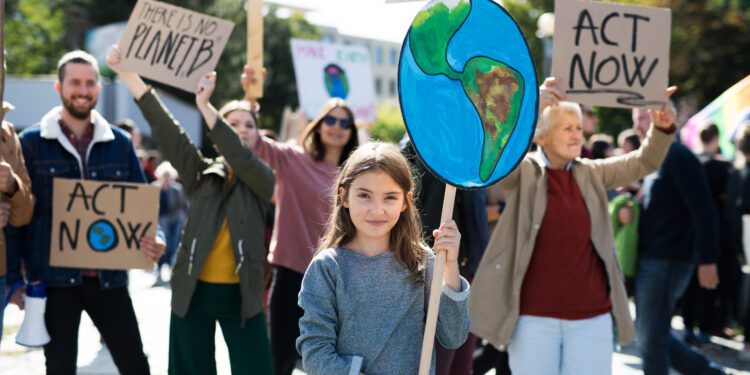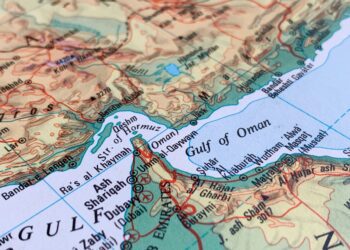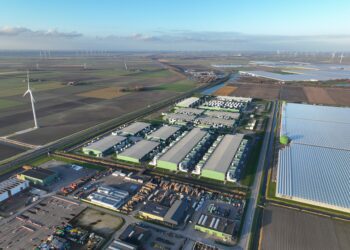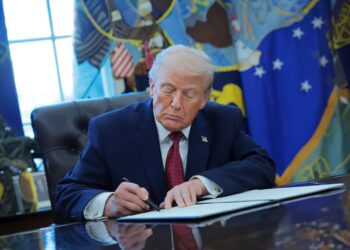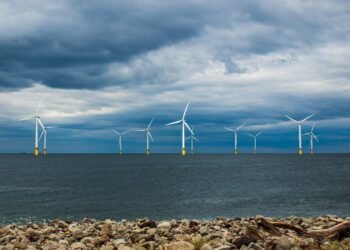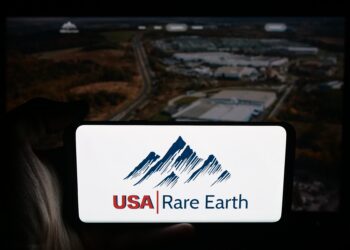Why intergenerational climate leadership matters
“Every generation has something of value to offer to each other,” said Prowse. “When we’re facing hard realities ahead, enabling spaces to collaborate more effectively across age, experience and time-horizons can benefit corporate climate strategy and policy, as well as younger generations who are set to inherit many of the consequences of these decisions that have an impact on their future.”
Research shows this already working in practice.
“In the boardrooms of the private sector, if you introduce one younger leader to that decision-making space, the company’s CSR outcomes can improve up to 15%, so that’s a big win.”
But the concept of cross-generational leadership and collaboration is still largely underutilized, especially in conventional leadership models, according to Prowse.
“Where decisions are being made on climate and capital and resources, they’re not benefiting from younger perspectives and younger generations, which bring a unique set of values and perspectives and skill sets.
“So we have this challenge ahead of us where conventional decision-making spaces often equate leadership with years of experience, but intergenerational leadership is a tool that we can use to reimagine how we make more effective decisions and scale more effective action for nature and climate by collaborating across generations and geographies to get us there. Part of the work that we’re doing is really to articulate the benefits to our private sector partners.”
Collective action is key to driving change
“We have the solutions for this. We have people defending nature and defending the climate and facing the consequences of climate change for decisions they don’t make,” said Oliveira.
“Collective action has different contexts, different ages and perspectives, but it’s everybody together. For COP30, the mandate is to engage children, youth and families and the cultural sector as well as the people trying to understand ways to survive in the conditions we have – with the heatwaves, the food.
“We are also trying to provide climate education for the children, and be inside the conversations at the local level. We are talking about the traditional knowledge coming from the indigenous communities.
Collective action is key to driving change
“We have the solutions for this. We have people defending nature and defending the climate and facing the consequences of climate change for decisions they don’t make,” said Oliveira.
“Collective action has different contexts, different ages and perspectives, but it’s everybody together. For COP30, the mandate is to engage children, youth and families and the cultural sector as well as the people trying to understand ways to survive in the conditions we have – with the heatwaves, the food.
“We are also trying to provide climate education for the children, and be inside the conversations at the local level. We are talking about the traditional knowledge coming from the indigenous communities.
Read the full article by Kate Whiting / World Econonomic Forum

